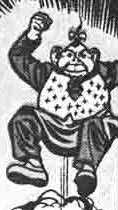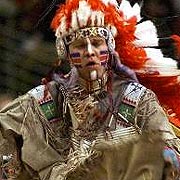And how to reform our bigoted brains.
By Chris Mooney
Science offers an explanation for this paradox—albeit a very uncomfortable one. An impressive body of psychological research suggests that the men who killed Brown and Martin need not have been conscious, overt racists to do what they did (though they may have been). The same goes for the crowds that flock to support the shooter each time these tragedies become public, or the birthers whose racially tinged conspiracy theories paint President Obama as a usurper. These people who voice mind-boggling opinions while swearing they're not racist at all—they make sense to science, because the paradigm for understanding prejudice has evolved. There "doesn't need to be intent, doesn't need to be desire; there could even be desire in the opposite direction," explains University of Virginia psychologist Brian Nosek, a prominent IAT researcher. "But biased results can still occur."
The IAT is the most famous demonstration of this reality, but it's just one of many similar tools. Through them, psychologists have chased prejudice back to its lair—the human brain.
We're not born with racial prejudices. We may never even have been "taught" them. Rather, explains Nosek, prejudice draws on "many of the same tools that help our minds figure out what's good and what's bad." In evolutionary terms, it's efficient to quickly classify a grizzly bear as "dangerous." The trouble comes when the brain uses similar processes to form negative views about groups of people.




No comments:
Post a Comment